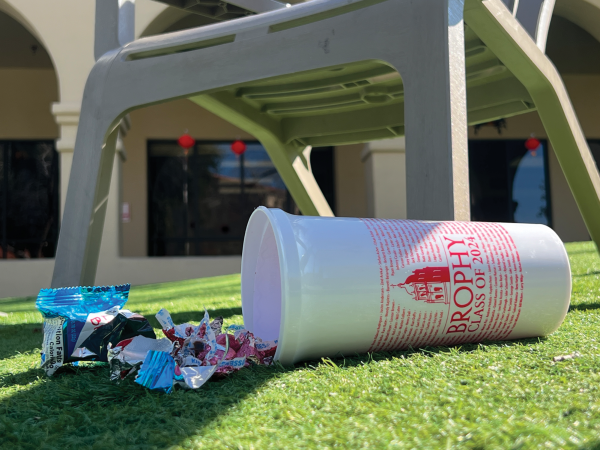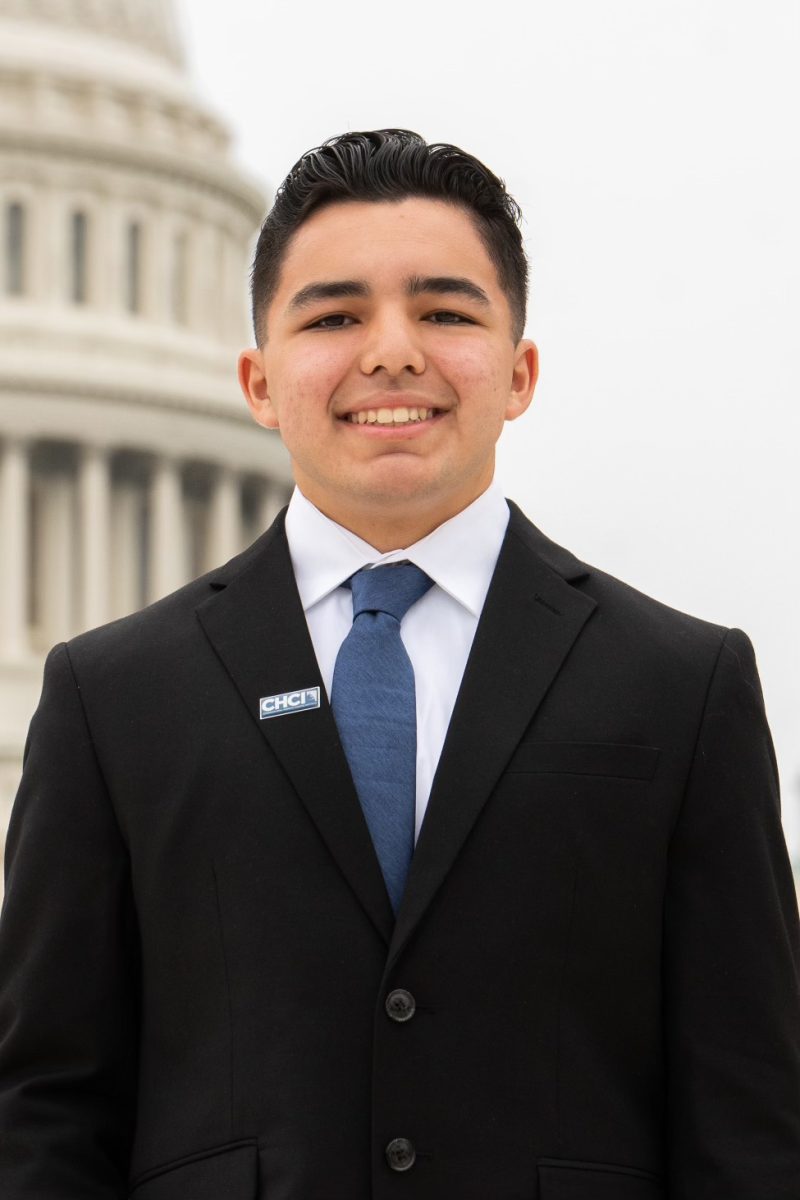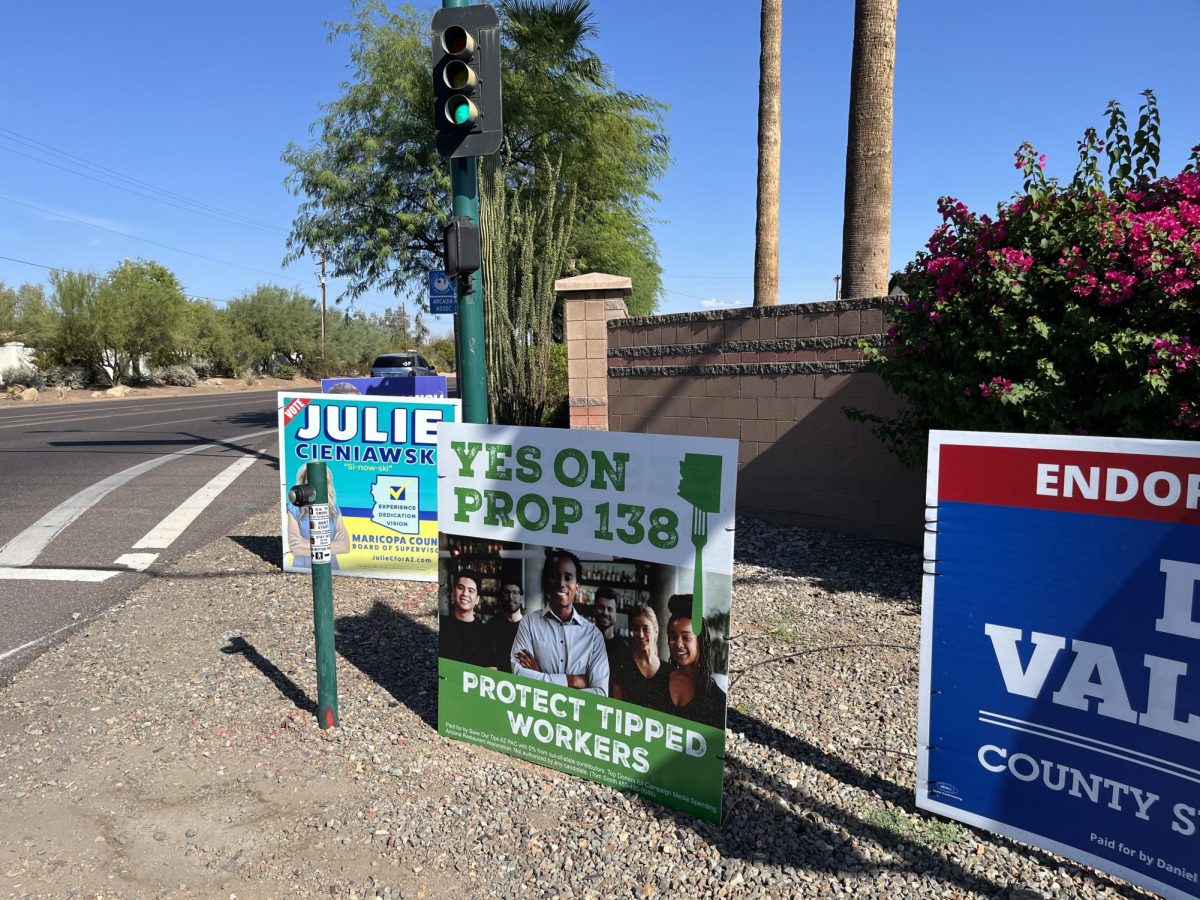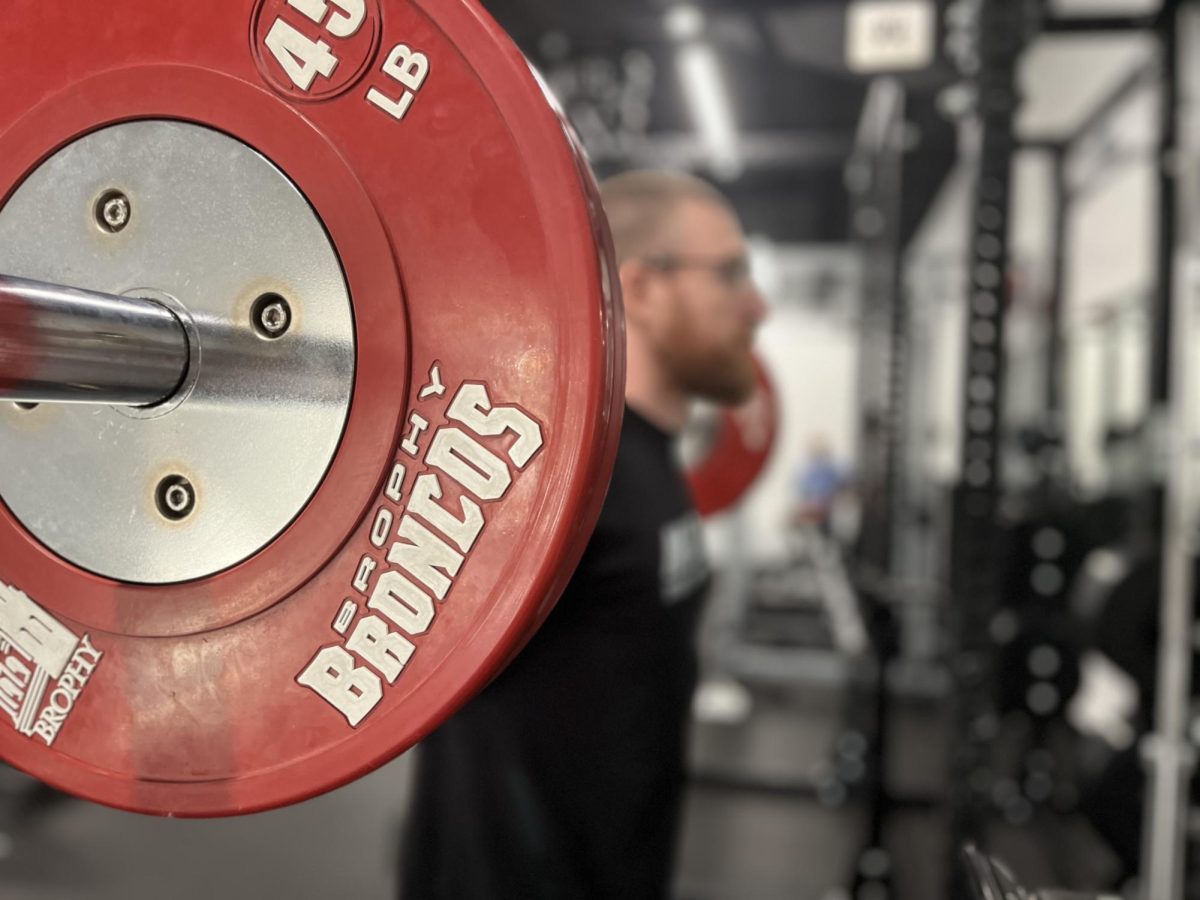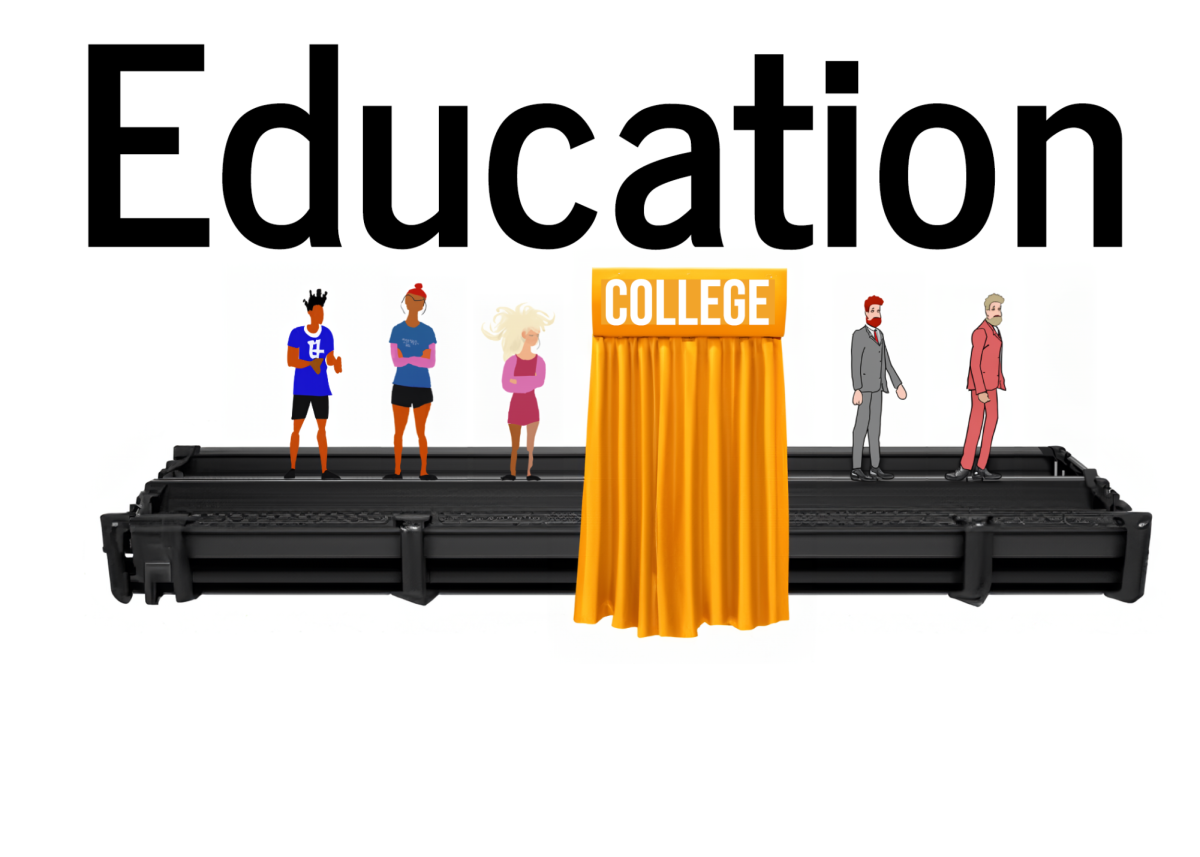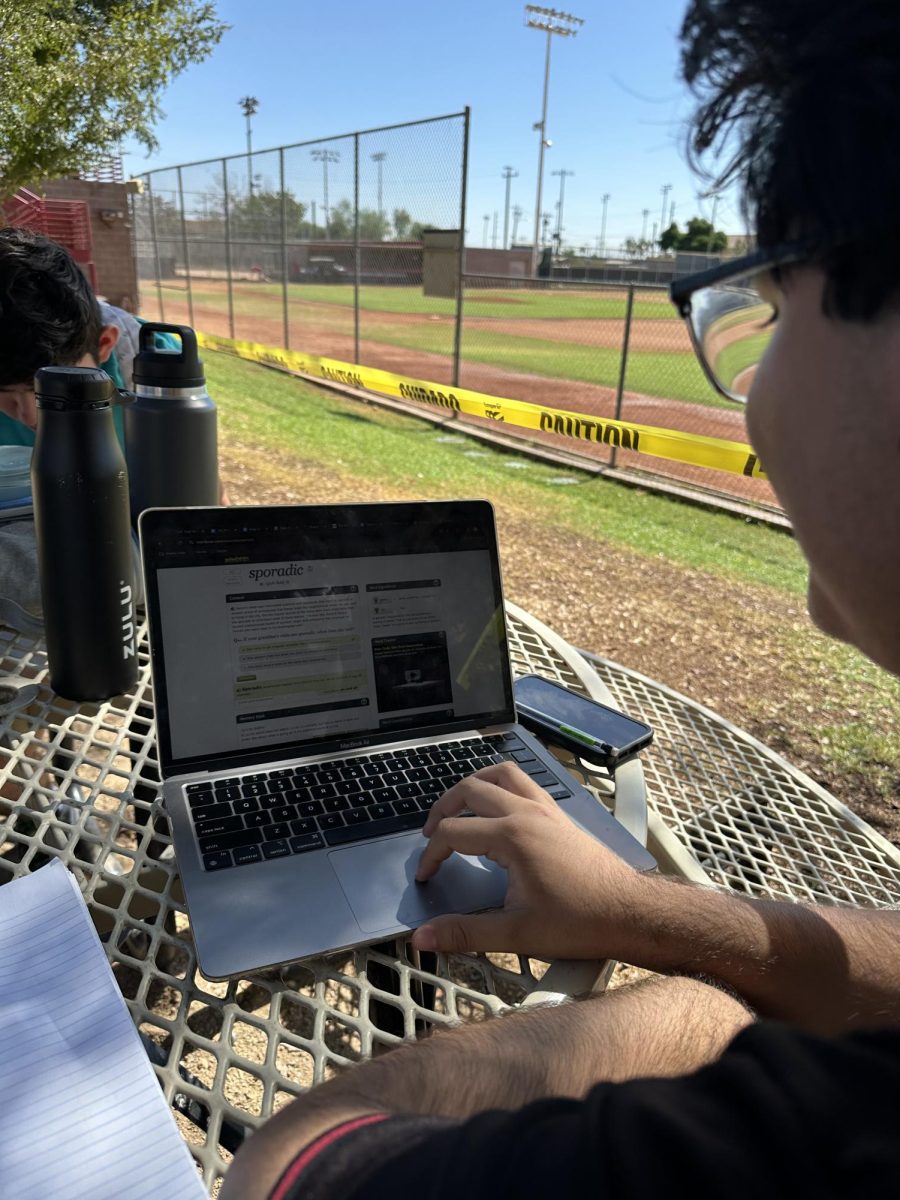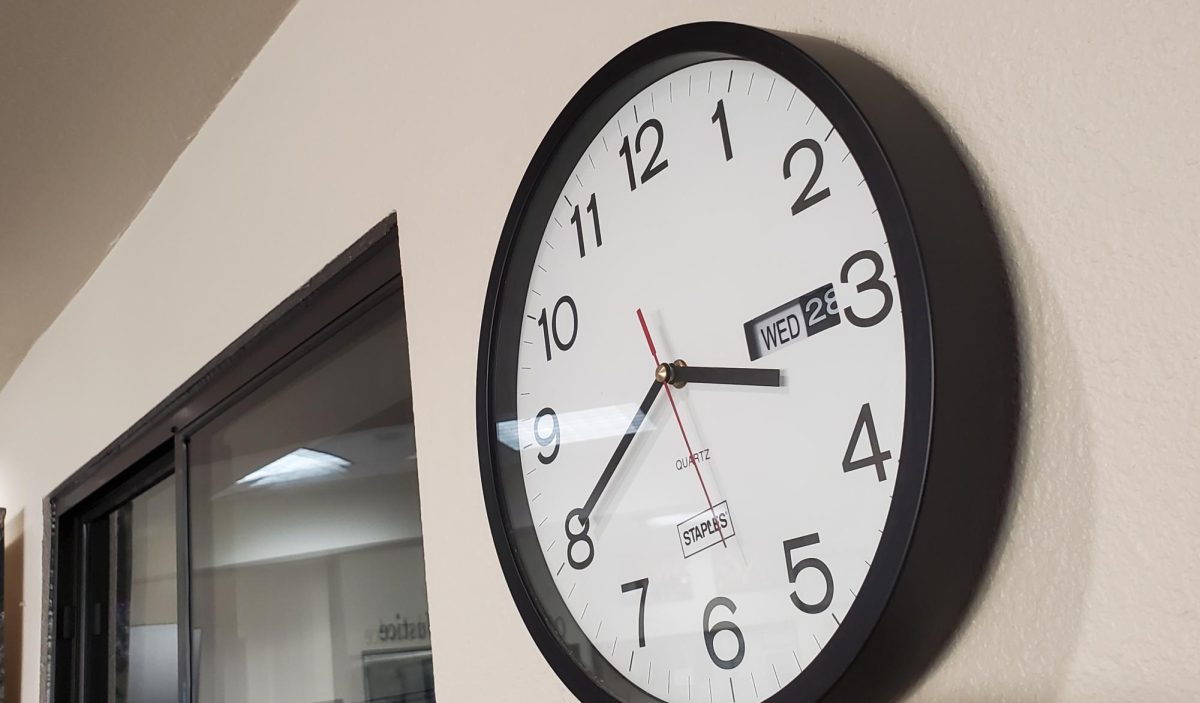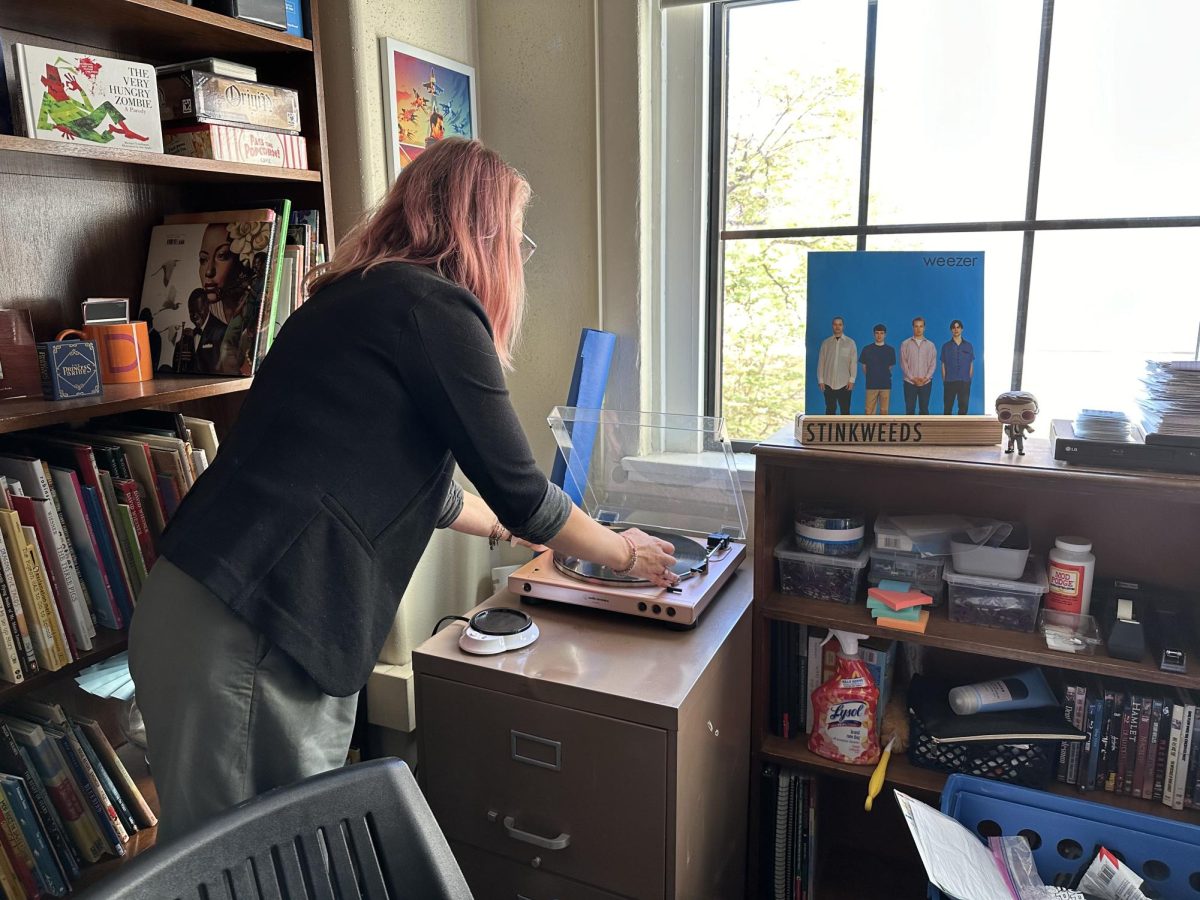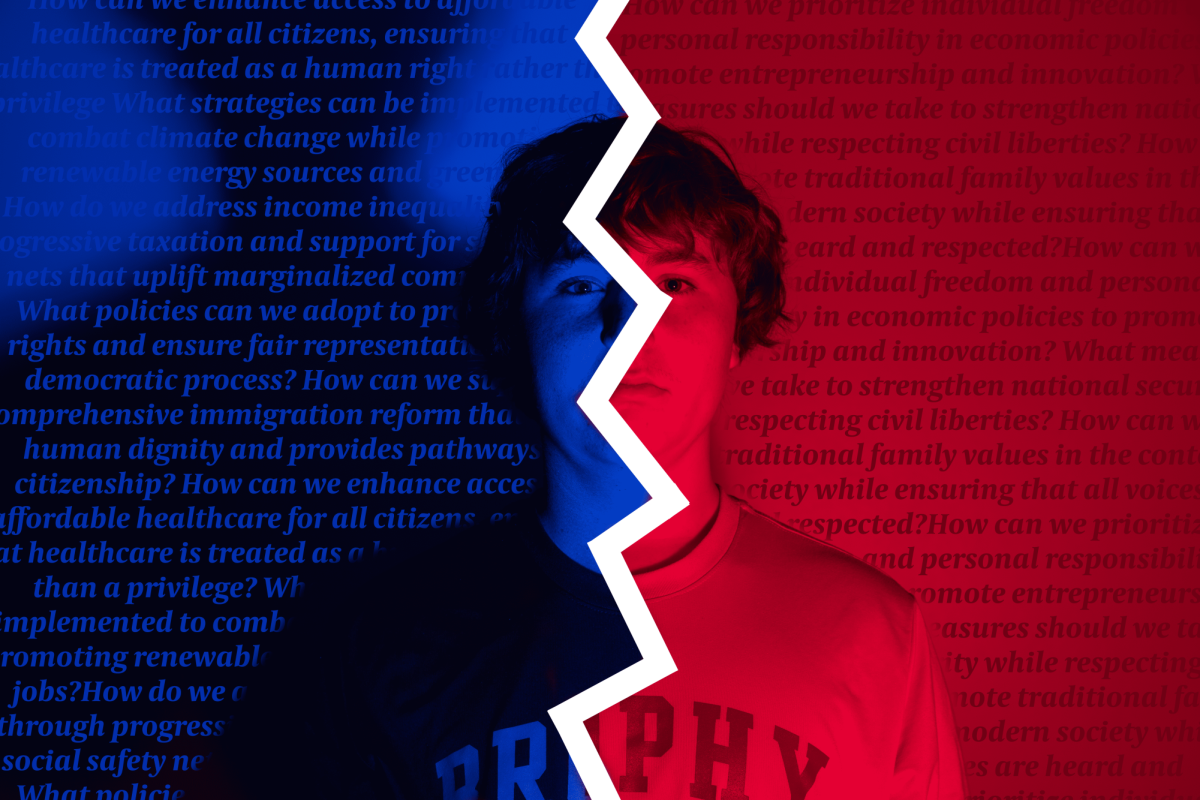Imagine there is a dirty gum wrapper on the hallway floor. Even though you personally have nothing to gain from picking up the wrapper, do you have an obligation to pick it up? By picking it up, does your small sacrifice of dirtying your hands outway the potential societal benefit of a cleaner hallway?
This concept of social responsibility is a good framework to operate by, but many people see this as a choice rather than an obligation. Being a member of a community entails an inherent debt to those around us to make the world a better place when we have the ability to do so.
As members of a society, we owe a debt to those around us to better the community because we live in a world constructed upon similar efforts made in the past; therefore, we have a responsibility to pick up the wrapper.
When one encounters a problem that is solvable yet chooses to ignore it due to laziness or lack of interest, that person is failing to pay back a debt owed to society.
We must make a conscious decision in these circumstances to move on or cause change. Passivity in these situations when reform would cost only a trivial portion of our time or effort worsens the situation of ourselves and the greater society.
This isn’t to say that we should make every problem our own. For instance, Bill Gates noticed poor sanitation in developing nations and decided to invest his time and resources to try to improve conditions. The vast majority of people do not have the same amount of money or influence as Gates; therefore, it would be unreasonable to say they have the same role to play in solving these issues.
In contrast, if both you and Bill Gates noticed a running faucet, the two of you have an equal responsibility to turn it off because the problem is well within your ability to solve.
We owe the same debt to our families and friends by being a part of these relationships.
As sons, we owe a debt to our parents for every attempt they made to put us in a position to succeed, for all the love given and sacrifices taken in order to spur personal growth.
As students, we owe our teachers and classmates an academic effort based on honesty, critical thinking and cooperation.
As friends, we owe our companions a shoulder to lean on. We owe them criticism when justified because it is impossible to grow without the support of those closest to us.
We don’t have these debts arbitrarily. We owe them, simply, because these actions are the correct ones to take.
Life doesn’t have to be plagued by the weight of owing something to the world, but we also shouldn’t operate without the idea in mind that we must help those around us when possible.
